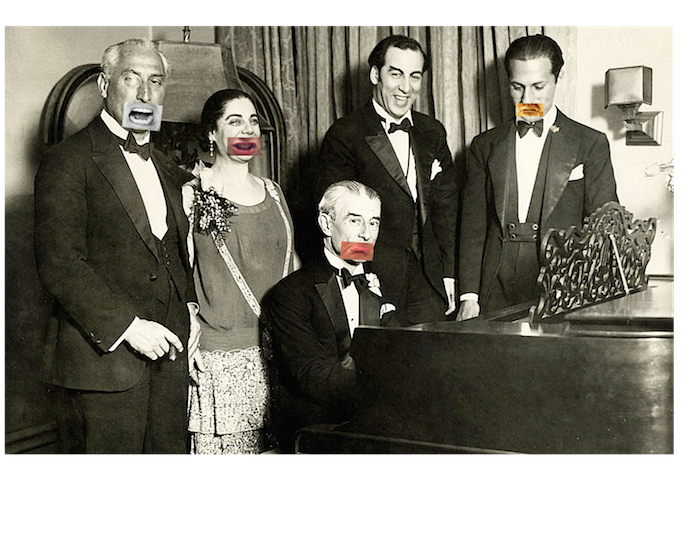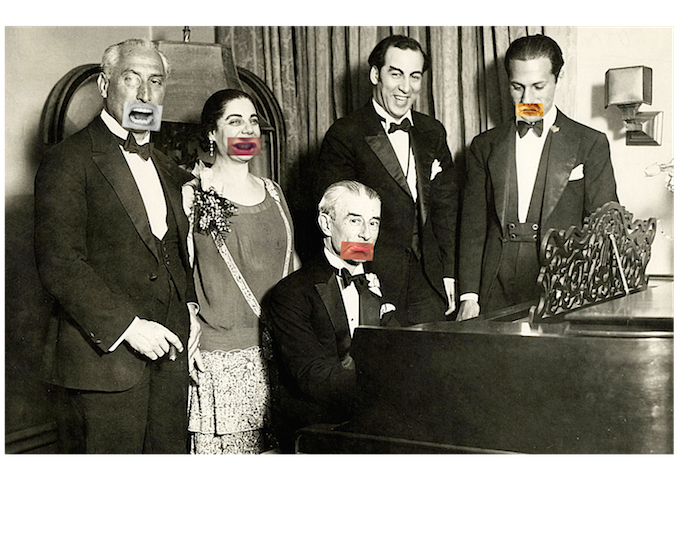
InternetLab reports – Copyright in the Digital Environment n. 04
We are approaching the last week of the Brazilian Ministry of Culture’s public consultation about copyright in the digital environment (if not extended, it ends on March 30), and there are still not many substantial contributions made by stakeholders on the online platform. On March 23th, 280 contributions were posted – 125 of them are comments on specific topics of text, and the other 155 inserted as “suggestions of new dispositions”.
The nature of the contributions has changed: although the prevalence of a discussion about the Ministry’s proposal is not yet to be noticed – or other alternative proposals regarding the same issue, more relevant comments are increasingly common – opinions of interested stakeholders, such as community radio stations (usually criticizing the Ministry’s proposal), artists and authors (usually supportive, though without going into a detailed discussion), lawyers (criticizing what they perceive as bureaucratization), or discussions on the operation of the institutions that are at stake with the proposal. This last point was also addressed in the music producer Carlos Mills’ contribution [PT], published on his personal website, and in the post made by the Procure Saber Association (APS) [PT] – pieces also discussed in the last edition of the InternetLab’s newsletter [EN] about the public consultation.
Empirical problems in royalties’ distribution models
A topic raised in several contributions is not exactly legal, but empirical: perceptions about problems of institutions that are now taking care of the digital, or about who would, with this proposal. Thus, even if not fully supportive of the draft text of Regulatory Instruction, Carlos Mills explains that streaming platforms such as Spotify and Deezer have been paying royalties to authors (composers) not directly, but via a composer’s association called UBEM. He points out that
(…) Publishers and authors not affiliated to this institution are finding difficulties, both to receive royalties and to authorize the provision of their works on these platforms. This is a specific structural problem in Brazil that needs to be addressed. This gap creates legal uncertainty, loss of revenue for the royalties’ holders and also inhibits the entry of new (and lawful) players in the country’s market.
The Procure Saber Association, that is supporting the proposal of the Ministry of Culture, believes that the suggested Regulatory Instruction can provide a transparency gain. The APS argues that in the current model, in which the streaming platforms have paid directly to the record labels and aggregators of independent labels (artists’ rights) and UBEM (rights of authors/composers), the artists do not have access to contracts between intermediaries (labels and publishers) and platforms, and do not know exactly the terms and values of these negotiations and commitments; the Regulatory Instruction would give authors and artists the possibility to shed light to such contracts conducted by their collective management associations.
On the other hand, some individuals have been posting criticisms to the proposal relating to problems that the ECAD (the Central Bureau for Collection and Distribution) – an institution that would be demanded in this new regulation for streaming services – had in the past [EN]. A participant argued that the ECAD is archaic, and “not only disrespects artists, producers and users, but also struggles to defend an unfair and opaque system “; second, that the ECAD “does not meet anyone who really should receive royalties“; Finally, a comment calls the ECAD a “public service that is not accountable with due transparency.” In other words, the proposal should be rejected because of relying on the performance of an already troubled organization.
And how about the artist?
Still on the discussion about music, there has been a steadily concern on the public consultation about which model would be the best to protect the work of authors, performers and musicians. Carlos Mills argues that adding more intermediaries in this chain would make that the “cake had to be divided in more pieces”, which may reduce the remuneration of the artistic community in the long run. In his view, today we have: “Artist – Intermediaries – Platforms”. With the approval of the Regulatory Instruction the chain would become “Artist – Intermediaries – ECAD – Platforms”.

The APS, however, defends that this new model proposed by the Ministry of Culture could bring more transparency to the transactions and greater parity in market information. Thus, knowing the agreements with the platforms (which would be available by the duty of transparency of collective management associations), the artists could then negotiate their contracts standing in a more equal position with other agents and intermediaries. APS stresses, finally, that only the model of collective management via ECAD remunerates the musician/instrumentalist with royalties. In the current market practice, the musician/instrumentalist usually receives a paycheck and gives up its neighboring rights.
At the end of the consultation, we will present more detailed numbers about the participation, a discussion on what may be missing in this Regulatory Instruction, and other issues that may arise during the debate’s final stretch.
By Juliana Pacetta Ruiz and Mariana Giorgetti Valente; translation Francisco Brito Cruz
* Image: Juliana Pacetta Ruiz, based on s/a- acervo Wide World Photos 1928; Nelson Kwok; Jan Tik; Justin Jackson